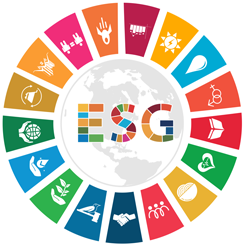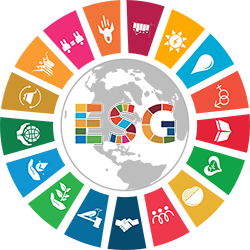
- Home
- What We Do
- OUR GOALS
- No Poverty
- Zero Hunger
- Good Health And Well-Being
- Quality Education
- Gender Equality
- Clean Water And Sanitation
- Affordable & Clean Energy
- Decent Work & Economic Growth
- Industry Innovation & Infrastructure
- Reduced Inequalities
- Sustainable Cities and Communities
- Responsible Consumption & Production
- Climate & Action
- Life Below Water
- Life On Land
- Peace, Justice & Strong Institutions
- Partnership For The Goals
- OUR GOALS
- ESG Trainings
- Finance & Banking
- Manufacturing
- Technology
- Retail
- Energy & Utilities
- Healthcare
- Real Estate
- Agriculture & Food
- Transportation & Logistics
- Tourism & Hospitality
- Construction
- Automotive
- ESG Xcelerator Series
- Programme 1- ESG Xcellerator – Fundamentals for Achieving a Growth-Oriented Business
- Programme 2- ESG Xcellerator Masterclass – Accelerating Your ESG and Sustainability Initiatives Towards the Global 2030 Climate Goal
- Programme 3 – ESG Xcellerator Project Building & Planning – Accelerating Your ESG and Sustainability Initiatives Towards the Global 2030 Climate Goal
- Programme 04-1 ESG Xcelerator LAB: Level 1 – Forming Stage
- The ESG Xcelerator Lab Program Level II – Norming Stage (Program 04-02)
- Programme 04-03 ESG Xcelerator Lab- Level III – Performing Stage (Action and Commitment)
- ESG Catalyst
- Mastering Sustainable Marketing
- Blog
- Contact Us



